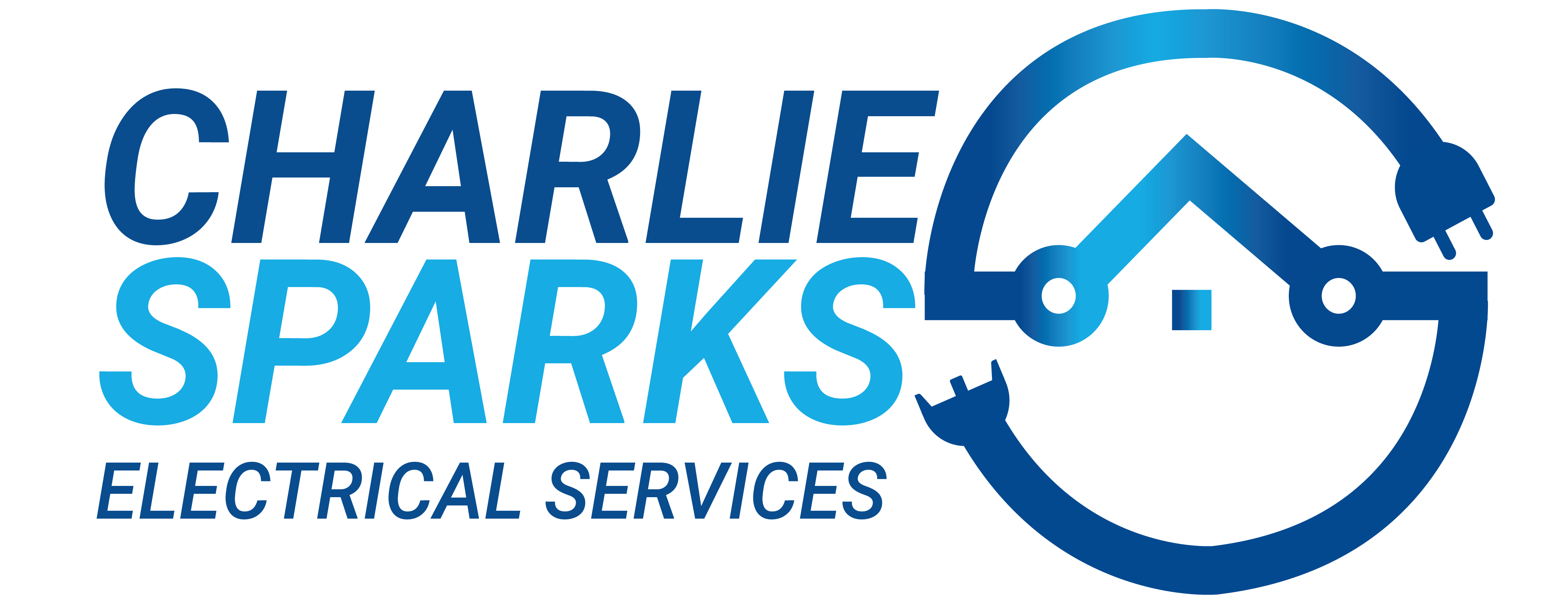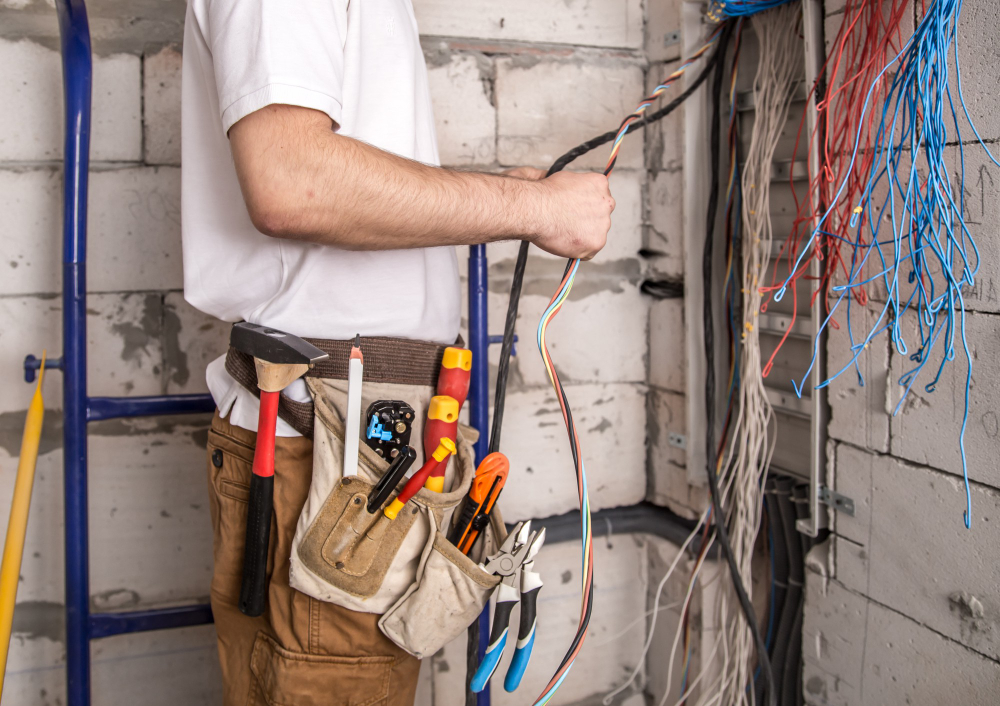Successful electrical projects all share one key characteristic: having the correct type of electrical wiring. Identification of the necessary wiring is an essential element of the installation.
Understanding the different kinds of electrical wiring and their applications is beneficial for optimal results. This knowledge can be invaluable when it comes to understanding the existing wiring of your home.
Electrical wiring connects various equipment and devices to the main distribution board, such as appliances, switches, lights, and receptacles.
A certified electrician can identify the purpose of the various electrical wires and ensure they are handled correctly under applicable regulations.
Standard Electrical Wiring for your House
Non-metallic cable
Metal-clad cable
Compared to rigid conduit, MC cable is more convenient to install and offers superior protection against fire, shock, rodent damage, and general mechanical trauma.
Common metal-clad (MC) cable types consist of three insulated wires (two circuit conductors and a green grounding conductor) encased in flexible aluminium armor.
As the name implies, metal-clad cables are wires with a robust metallic sheath.
Armored cable
Armored cable is a suitable alternative when NM cable is insufficient for the application. A metallic protective coating (sheathing) provides superior protection compared to the plastic sheathing. It is only suitable for buildings with fewer than three stories, so it is not ideal for commercial buildings.
Underground feeder cable
These non-metallic cables have been designed for wetter environments and are installed underground for outdoor fixtures. With thick solid plastic insulation, the wires provide a safe power supply for significant circuits.
Coaxial cable
As new technologies emerge, the coaxial cable becomes less prevalent in the data wiring industry. This cable type comprises a round, insulated outer sheath that houses an inner conductor, usually copper. Encircling the conductor is a tubular insulating layer that offers protection from external forces.
Coaxial cable was once the go-to connection for televisions to receive antenna or cable service and is still utilized for connecting satellite dishes or providing in-home subscription television service. Its insulation usually has a black or white finish and a perfectly cylindrical shape.
Low-voltage wire
These wires are suitable for use with circuits of 50 volts or less. Typical applications include sprinklers, doorbells, speakers, and thermostats. The cables are insulated and may be sheathed or twisted together. It is essential to use low-voltage wires only for appliances and systems that use low voltage.
Phone and data wire
Choosing a Type Of Electrical Wire
When replacing or installing electrical wiring, it is essential to select the appropriate type. To ensure the utmost safety and reliability, always opt for the kind of wire suitable for the intended use. When it comes to wet outdoor conditions, it is always a good idea to use UF wire.
When working on any electrical project, it is essential to ensure that each wire’s appropriate amperage and voltage are selected and matched to the project’s needs. Suppose you want to know which type of electrical wire is best for your application. Before installing the electrical lines, you should seek the advice of a professional electrician.




